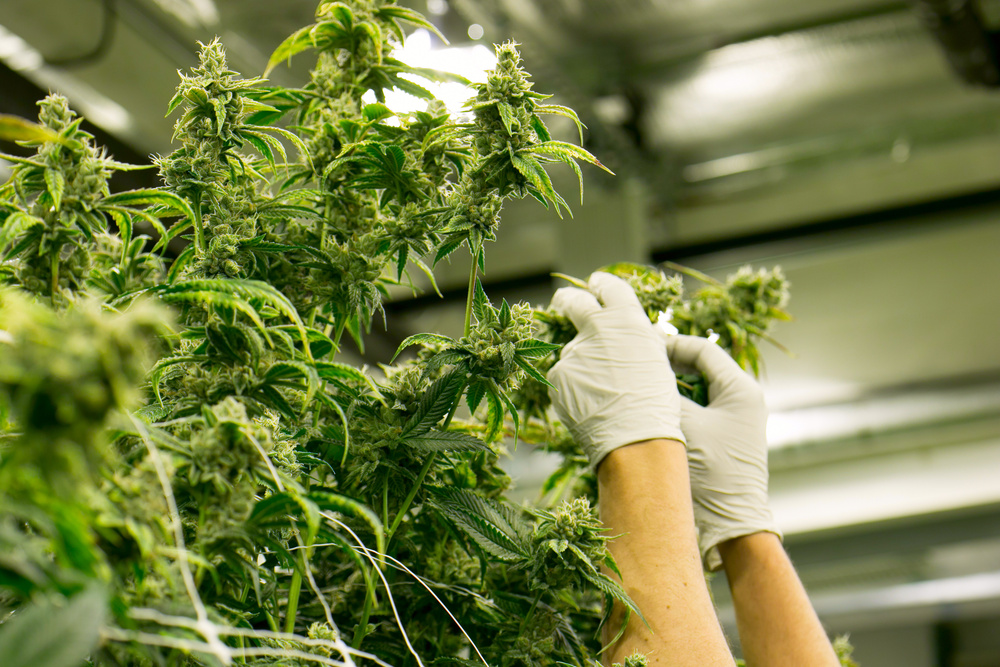There has been a lot of discussion lately about the CBD and medical cannabis markets being flooded with products containing synthetic cannabinoids. At least one state, Utah, says the problem is being blamed on hemp growers. That is unfortunate because legal hemp growers have nothing to do with it.
The headline of a recent Forbes piece screams about ‘hot hemp’ and synthetic cannabinoids potentially being the ruin of Utah’s medical cannabis program. The article goes on to imply that synthetic cannabinoids come from hot hemp, thereby implicating growers. The problem is that hot hemp and synthetic categories are two different things.
It has gotten so bad that the Utah Department of Agriculture and Food released a bulletin in November 2022 explaining, among other things, that the synthetic cannabinoid problem in the state has nothing to do with hemp growers.
More About Hot Hemp
The term ‘hot hemp’ pertains to hemp plants with more THC than is allowed by law. According to federal rules, any cannabis plant with 0.3% or less THC by volume is considered hemp. It is fully legal throughout the U.S. A cannabis plant with a higher THC volume is considered marijuana. It is illegal under federal law.
Utah is extremely strict about hot hemp. Growers are required to test their plants prior to harvest. Any hot plants – those with more than the legally allowed volume of THC – cannot be harvested. They must be destroyed.
Growers cannot sell hot hemp to processors. Processors cannot use hot hemp to make products they turn around and sell to Utah cannabis dispensaries. You will never walk into the Pure Utah cannabis pharmacy in Payson and find products made with hot hemp. As for synthetic cannabinoids, that is another matter.
Cannabinoids Derived in a Lab
Synthetic cannabinoids are cannabinoids derived in a lab. A prime example is Delta-8 THC. As an isomer of Delta-9 THC, Delta-8 naturally occurs in cannabis plants. However, plants do not produce enough of it to make extracting it financially viable. It is a lot easier and more cost-effective to synthesize Delta-8 in a lab.
One of the more attractive aspects of synthesizing Delta-8 and other synthetic cannabinoids is that all you need to do it is a good supply of CBD. Guess what? CBD is the primary cannabinoid found in hemp plants. If growers wanted to produce hemp processors that could be used to create synthetic cannabinoids, they would have no incentive to produce hot hemp. Compliant hemp gets the job done without the legal risk.
Synthetic Cannabinoids Are a Concern
The whole issue in Utah has been sparked by concern over the safety of synthetic cannabinoids. As state regulators have painstakingly pointed out on numerous occasions, there isn’t much data to come by. Medical science knows so little about synthetic cannabinoids that it’s really difficult to declare them safe.
By contrast, Utah regulators recognize that CBD and Delta-9 THC have plenty of history behind them. Both have been used by human beings for thousands of years without serious risks. The same cannot be said about synthesized cannabinoids. They are still too new to make any such judgments.
Taking a Stand Against Synthetics
Pure Utah says that the Beehive State is now taking a stand against synthetic opioids. The Utah Department of Health & Human Services has started work on prohibiting synthetic cannabinoids in CBD products. They have also developed a new rule requiring all medical cannabis products with synthetic cannabinoids be properly labeled.
Despite what you might have heard about the synthetic cannabinoid problem, hemp producers are not behind it. Hemp and synthetic cannabinoids are two distinct and separate things.





